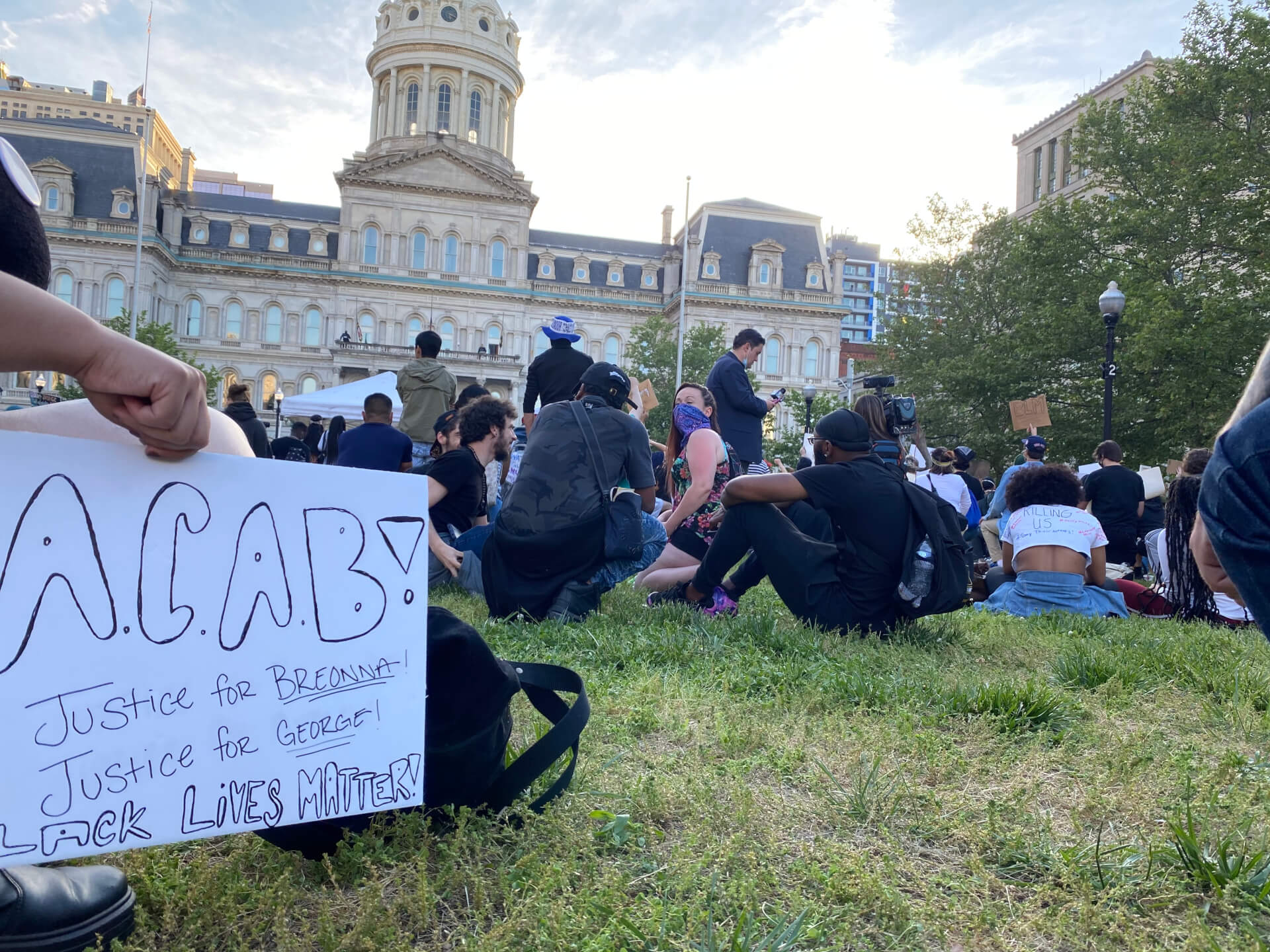
Well, now, that was exhilarating but exhausting. It’s a good thing for democracy that Baltimore didn’t just skip the election and go with the recent poll results. The public opinion surveys, though only a snapshot of a moment, would have saved lots of time, money, error and grief but they were mostly wrong.
One thing for certain about polls is that they cannot detect voter turnout, and, with the usual unpredictability, it appears to be the late surge that dictated the outcome in the race for mayor.
Besides, much in the polls about competing candidates is based on name recognition. It makes you wonder — though the answers are in the previous sentence — whether the same people being polled are the ones who vote.
The election was a clean sweep, nearly from top to bottom — out with the old, in with the new. The wayward ways that helped drag the city into this freaking mess have given us a wave of young but familiar faces with new titles to burnish over the detritus so that the bottom of the pit Baltimore’s staring at is, temporarily, obscured from view.
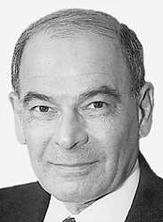
Frank A. DeFilippo
The City Council will get a fresh new look, too, with almost all new members on account of retirements and others who decided to run for higher office and left vacancies to be filled.
Change was the order of the day, but not without more than a few hiccups. Extended primary season; first-ever mail-in election, and still long lines at the few scattered live polling places; delayed ballot deliveries; printing errors and miscounts; nearly a two-week wait for results; the Pavlovian calls for election officials’ resignations; and other trial-and-error screw-ups.
The election nonetheless attracted at least 10,000 more first-time (and presumably young) voters than perennials — a factoid that should contribute to President Trump and the GOP’s heartburn over mail-in elections, and not the fraud they claim. (Trump himself has voted by mail in Florida.)
Mail-in ballots were an experiment that worked, here and elsewhere, though not without first-time problems, i.e. Georgia. But mail-in voting is an established practice in several Western states, mostly under Republican control.
The election took place against the discordant atmospherics of a pandemic and the accompanying quarantine, economic collapse and job dislocation, Republican assaults on voting rights as well as civil rights protests in cities across the nation, precipitated by the murder of a Black man by a white cop, in full view and re-played relentlessly on television.
Baltimore voters were in an unforgiving mood. The voters, as the polls were tracking Sheila Dixon’s upward trajectory throughout the campaign, though ultimately rejected, once again, a reclamation mayor who earlier was driven from office by a scandal to succeed another former mayor who is on her way to prison in a few weeks. Somebody must have called the exorcist.
It’s a new generation’s turn. Brandon Scott, mayor, 36; Nick Mosby, City Council president, 41; Bill Henry, city comptroller, 51. Scott is the youngster of the group, and though relatively young as the city’s top three elected officials are, none of them is inexperienced. And to the city’s benefit, they all know and have worked together as City Council members.
Scott preached generational change and structural tinkering. He will inherit a budget that he is helping to prepare as City Council president. Scott’s work-sheet embraces some iffy propositions, though, such the current street-song, defunding police, as well as reducing the mayor’s tight control of the Board of Estimates, awarding the voting franchise to 16-year-olds, and hiring a city manager.
That last item is problematic. City managers have succeeded in some jurisdictions, but failed in others. The biggest problem, though, is that they are accountable to one person and not to the voters. And occasionally, city managers have proven to be ideologues who set out to enforce their beliefs on an entire population through budgetary and program control.
The position would be just another pencilneck on a payroll that can ill afford it. Besides, managing the city is why people elect a mayor. As for the 16-year-old vote? Baltimore has other critical problems to fix.
Mosby has served on both the City Council and in the General Assembly. He is regarded as a solid legislator whose dual experience can serve as a constructive link between the two. Mosby was way out front during the pandemic’s peak on many issues of concern to the Black community, notably identifying case history by Zip code as well as equity in testing and treatment.
Henry, an MBA and a City Council member since 2007, will be regarded henceforth as a giant-slayer. He decapitated Joan Pratt, who served as comptroller for 25 years but who got caught up in a number of conflicts that were uncovered by the inspector general, though her quarter of a century run was tainted from the start.
But Pratt’s most recent and visible transgression was her partnership with the disgraced mayor, Catherine Pugh, in a consignment boutique that doubled as a laundry for campaign contributions. Pratt, a CPA, claimed she was duped when she prepared fraudulent tax returns for the business. Voters must have wondered: How effective was Pratt as the city’s fiscal watchdog if she was easily duped by her partner in a clothing store?
On paper, the newly-elected team at the top appears to be a functionally cohesive trio if individually they don’t allow personal ambition to intrude. And Mosby must be vigilant about an appearance of conflicts that might arise because of his wife, Marilyn’s position as Baltimore’s state’s attorney.
Dixon, 67, grandmotherly among a bunch of kids, cast the election’s nip-and-tuck outcome as “the will of God” in her second attempt for repatriation and a comeback. Sorry, Sheila, but don’t blame your destiny on The Almighty. In elections, God is on the side with the most efficient get-out-the-vote operation.
Dixon, who resigned as mayor in 2010 as part of a plea deal after her conviction for personal use of gift cards intended for the poor, lost by roughly the same number of votes as she did four years ago to Catherine Pugh, who pleaded guilty to a Ponzi scheme of double-selling what she passed off as books to vendors doing business with the city and state. Dixon lost this time by little more than 3,000 votes (as of this writing) and in 2016 by 2,500 votes.
The incumbent mayor, Bernard “Jack” Young, forswore campaigning to take charge of the pandemic, demonstrations, and earlier ransomware attacks, among other municipal challenges. But, in Young’s own words, voters wanted change and they got it — with a vengeance. Young, caught in the whiplash of an inherited job that he really didn’t want to begin with, ran fifth among 24 Democratic candidates and collected an unenthusiastic 9,256 votes.
The election’s surprise is that Mary Miller ran third and collected 23,193 votes, about half as many as Scott’s winning 43,927 votes. Yes, it’s true that Miller spent nearly $2 million of her own money, mostly on television advertising. But it’s remarkable that a white woman won that many votes in a city that’s nearly 70% Black and color is the cohesive force on election day. Money talks.
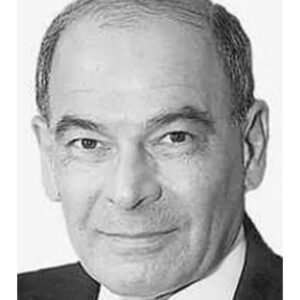
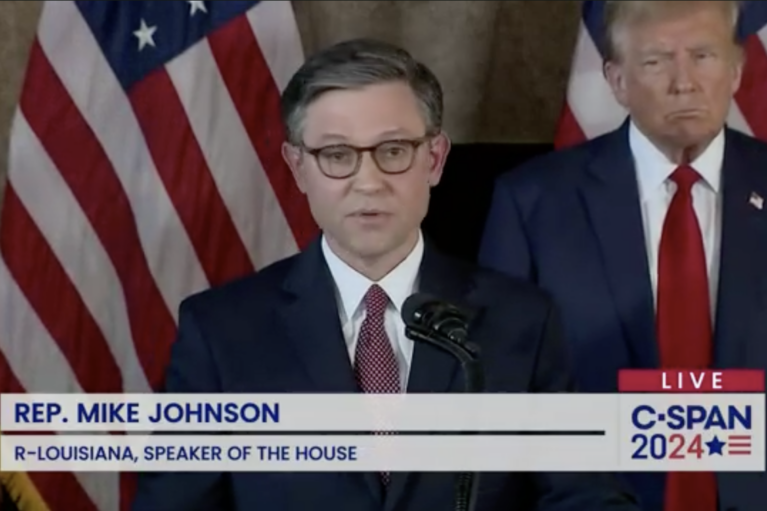
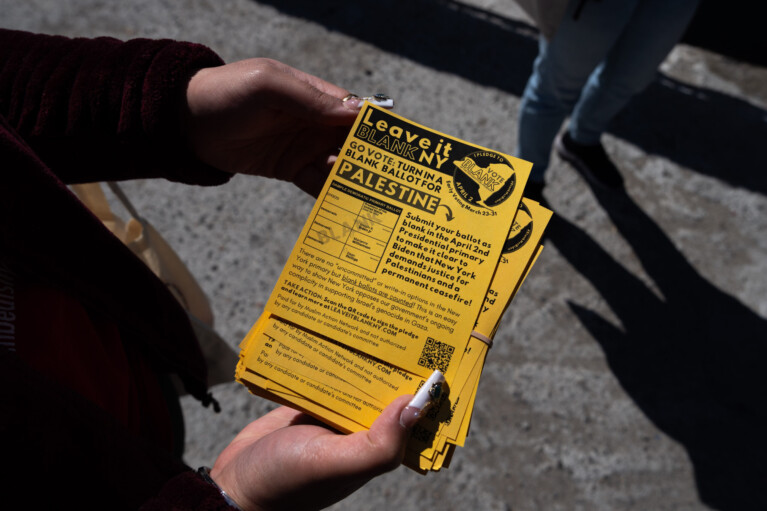
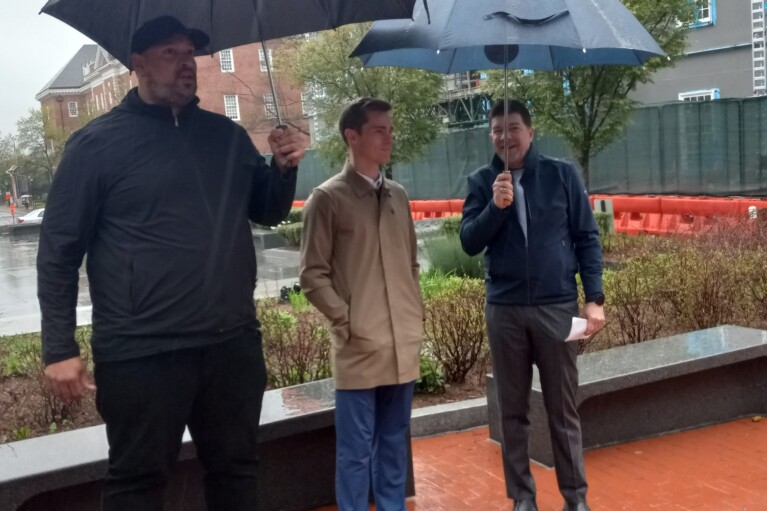
 Creative Commons Attribution
Creative Commons Attribution